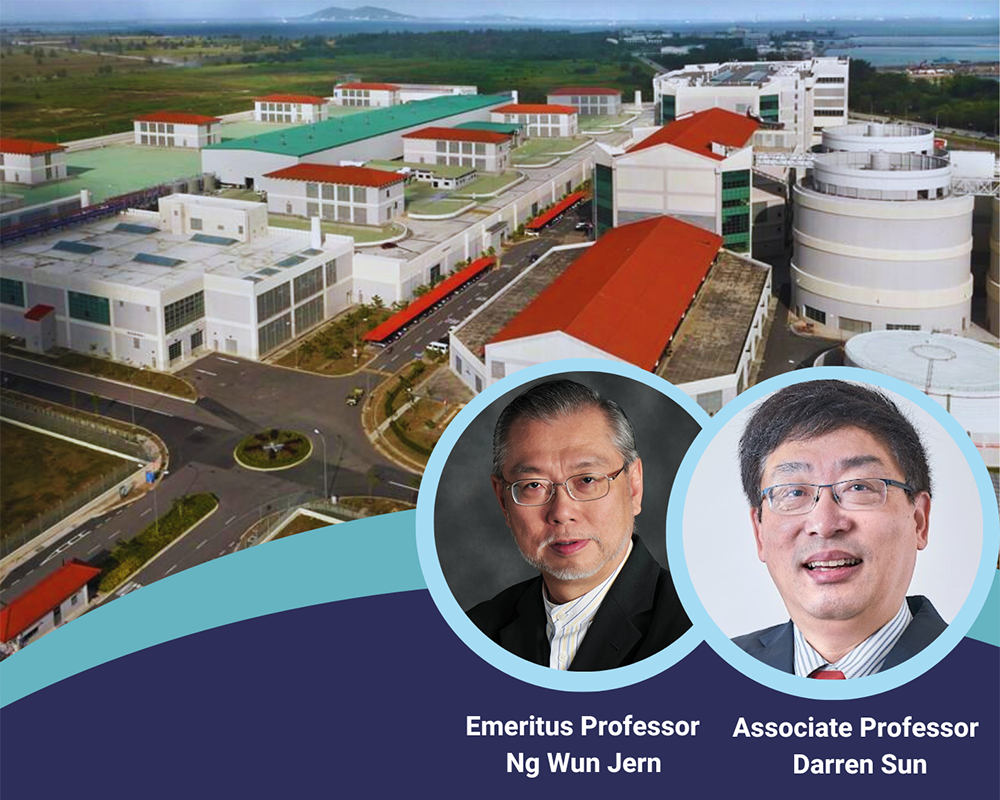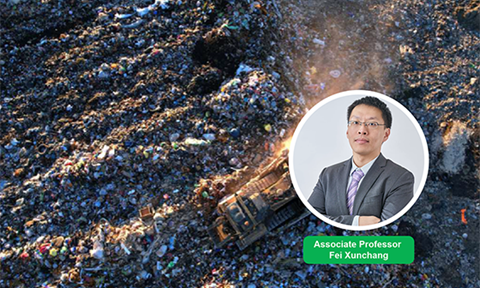Changi water plant undergoes its third expansion to address rising industrial demand in eastern Singapore

The Straits Times reports on the expansion of the Changi Water Reclamation Plant to meet increasing industrial demand in the eastern part of Singapore and ensuring a sustainable used water system for Singapore.
The plant's current water treatment capacity is 224 million gallons per day. It is undergroing its second expansion, which is slated for completion by end-2024 and its total capacity will be 246 million gallons a day. This expansion marks the third phase of development for the plant, which will raise its water treatment capacity by up to 96 million gallons a day.
Advanced membrane bioreactor technology which is more sustainable water treatment process will be incorporated in this third expansion of the Changi plant. This technology also produces better-quality treated used water for Newater production.
As at 2023, Singapore’s daily water consumption is about 440 million gallons. Water demand is expected to almost double by 2065, of which two-thirds are projected to come from non-domestic sectors. Emeritus Professor Ng Wun Jern of the School of Civil and Environmental Engineering at Nanyang Technological University (NTU) said: “Industry demand for water is expected to increase, such as from the anticipated electronics industry expansion, and the latter shall largely be met with Newater.”
The Changi Water Reclamation Plant treats wastewater, which is then purified at Newater factories through reverse osmosis and ultraviolet light to eliminate viruses and bacteria. Newater is mainly used for industrial cooling and at wafer fabrication plants, industrial estates, and commercial buildings. During dry periods, Newater is blended into Singapore’s reservoirs for further treatment before domestic use.
Commissioned in 2008, Changi’s reclamation plant currently hosts two Newater factories, established in 2010 and 2017 respectively. Construction of a third factory will begin in late 2024 after an environmental assessment ensuring no marine impact from its discharge. Scheduled for completion in 2026, the new factory will receive treated wastewater from Changi and produce up to 50 million gallons of Newater daily, matching the combined output of the existing factories.
Associate Professor Darren Sun Delai from NTU’s School of Civil and Environmental Engineering emphasized the importance of water reclamation plants in Singapore. These plants prevent treated wastewater from being wasted and reduce dependence on Singapore's other water sources: rainwater captured through waterways and reservoirs, imported water from Malaysia, and desalinated water.
With projected increases in population and tourism, wastewater generation is expected to rise significantly. Prof. Sun highlighted that water reclamation is more cost-effective than desalination, with Newater factories costing at least 30% less to operate. He noted that PUB (Public Utilities Board - Singapore's national water agency) has been at the forefront of innovation in Newater systems. Prof. Sun, also the founder of NanoSun, a spin-off from NTU specializing in 3D printing nano materials for water reclamation, mentioned that PUB’s advancements could potentially meet over 55% of Singapore’s water needs by 2060 at highly competitive rates.







